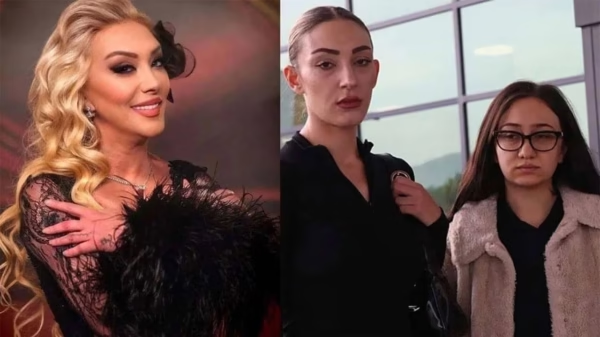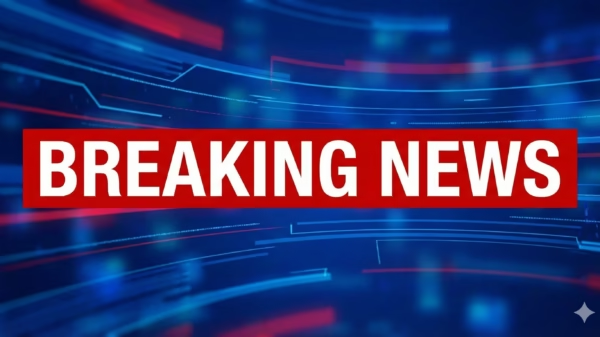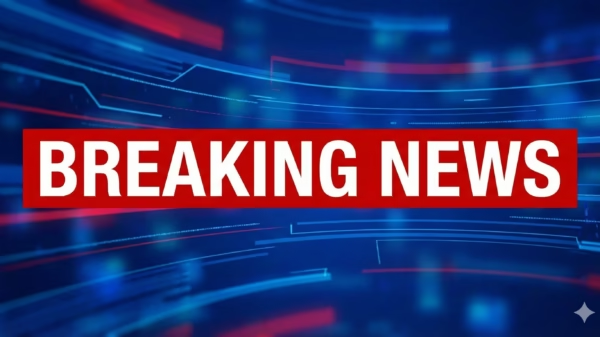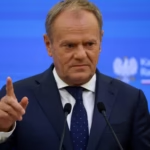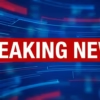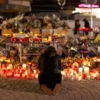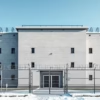The International Criminal Court (ICC) is confronting one of the most delicate tests in its 23-year history. Its chief prosecutor, British barrister Karim Khan KC, is on leave while United Nations investigators examine allegations of sexual misconduct and related retaliation claims — accusations he firmly denies. Yet the long delay in producing findings, together with mounting geopolitical pushback over his attempts to prosecute Israeli leaders and other powerful figures, has prompted veteran international lawyers to warn that the court’s reputation is being exposed to lasting damage.
CC’s top lawyer under investigation — and time is hurting the court
Khan, 55, took office in 2021 promising to make the Hague-based tribunal faster, more assertive and less vulnerable to charges of selective justice. But nearly a year after an ICC-related complaint accused him of non-consensual sex with a former colleague — an allegation he rejects — the inquiry remains unresolved, forcing him to step aside and hand day-to-day work to his deputies. Senior British and European lawyers say that, however the case ends, the prolonged uncertainty itself undermines the ICC because it calls into question the integrity of the very office that asks states to arrest presidents, generals and rebel leaders.
At the same time, other women have come forward with misconduct claims, keeping the story alive and increasing pressure on court administrators to show that the process is independent and not coloured by internal loyalties. Investigators are also examining whether anyone inside the Office of the Prosecutor faced retaliation for speaking up — a second-order allegation that, if proven, could be even more corrosive for a court that tells victims around the world they will be protected when they testify.
Political headwinds after warrants for Israeli leaders
The turmoil comes just months after Khan sought arrest warrants for Israeli Prime Minister Benjamin Netanyahu and Defence Minister Yoav Gallant over alleged war crimes in Gaza, alongside warrants for senior Hamas figures. That move triggered fierce criticism from Israel and from politicians in Washington who argued the court was exceeding its authority over non-member states. It also fed the narrative among Khan’s critics that the ICC had put itself in the crosshairs of powerful governments without first ensuring its own house was in order.
The United States has already revived sanctions and visa restrictions against ICC officials over cases involving U.S. allies, adding material pressure to the court’s already stretched resources. Diplomats and human-rights advocates fear that a prosecutor weakened by personal scandal gives ammunition to states that want to ignore or delay cooperation on arrest warrants — including high-profile files such as Russia, Palestine and the Philippines.
A fragile institution at a decisive moment
Even before the current scandal, insiders said the ICC struggled to attract and retain the highest-calibre lawyers because of heavy workloads, modest pay and the political risks involved in prosecuting major powers. The dispute around Khan has revived questions about recruitment, oversight and the court’s resilience when its leadership is targeted — whether by hostile intelligence services, by sanctioned states or, as now, by serious misconduct claims from within.
With its annual budget negotiations approaching, member states are being urged to separate the fate of one official from the legitimacy of the institution. But several of the court’s strongest supporters concede privately that the longer the inquiry into Khan drags on, the harder it will be to persuade sceptical governments and victims’ groups that the ICC can police not only warlords but also its own senior staff.

